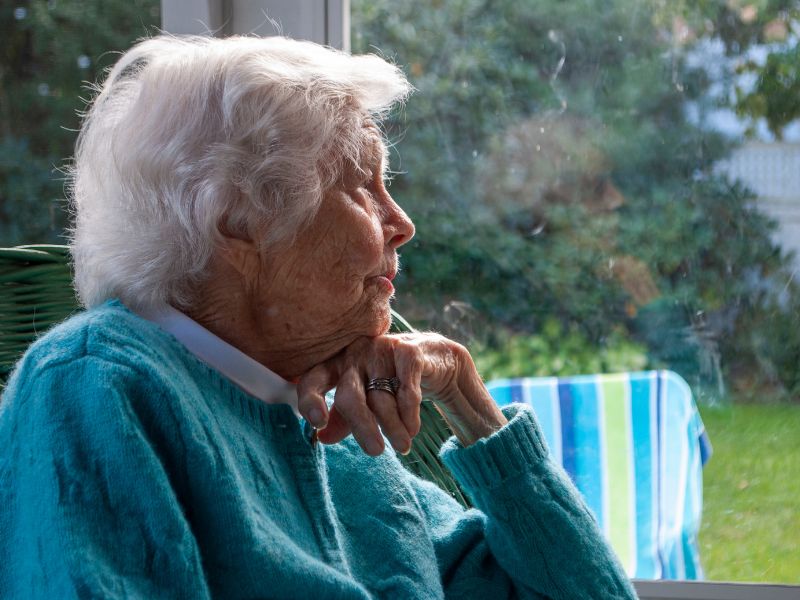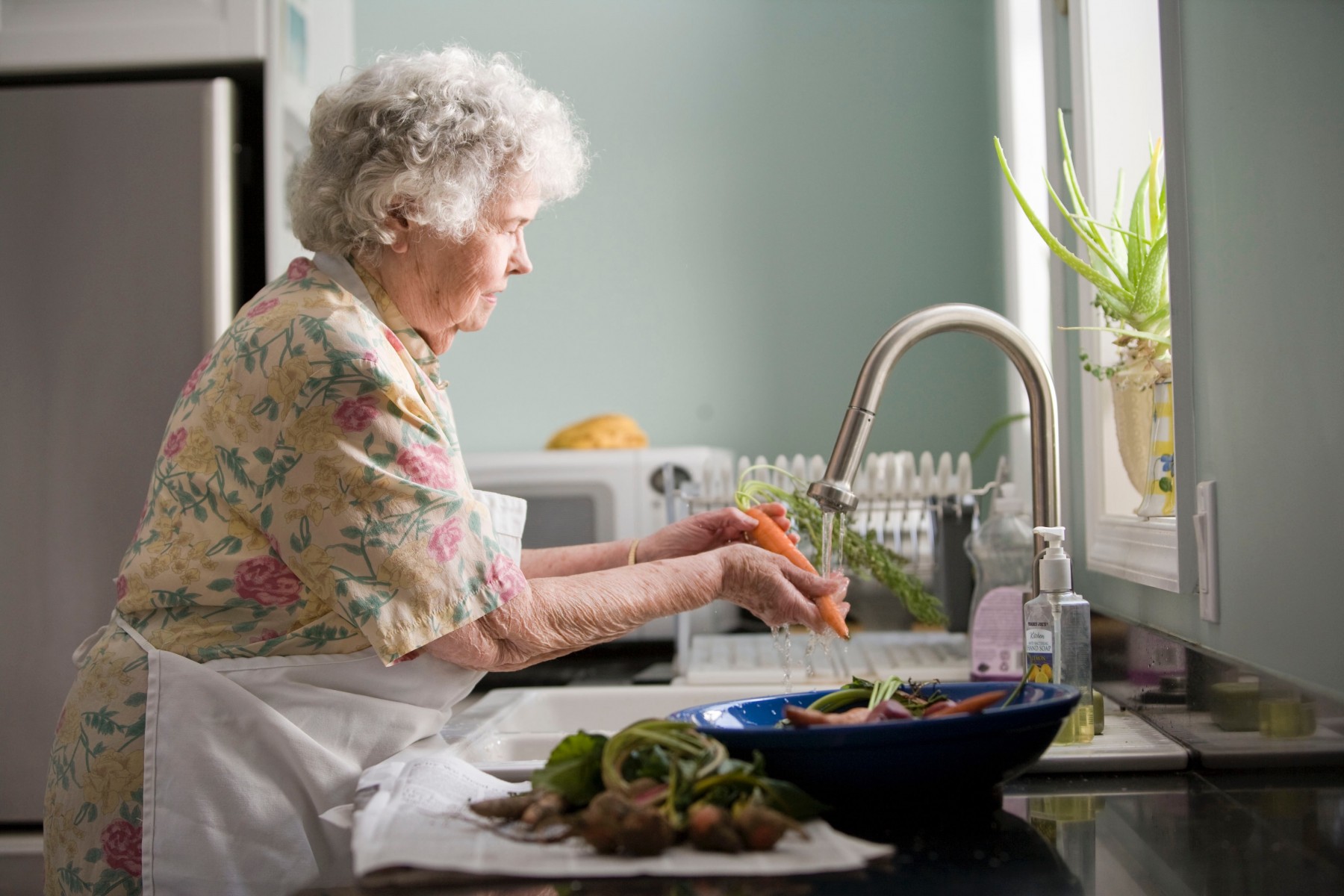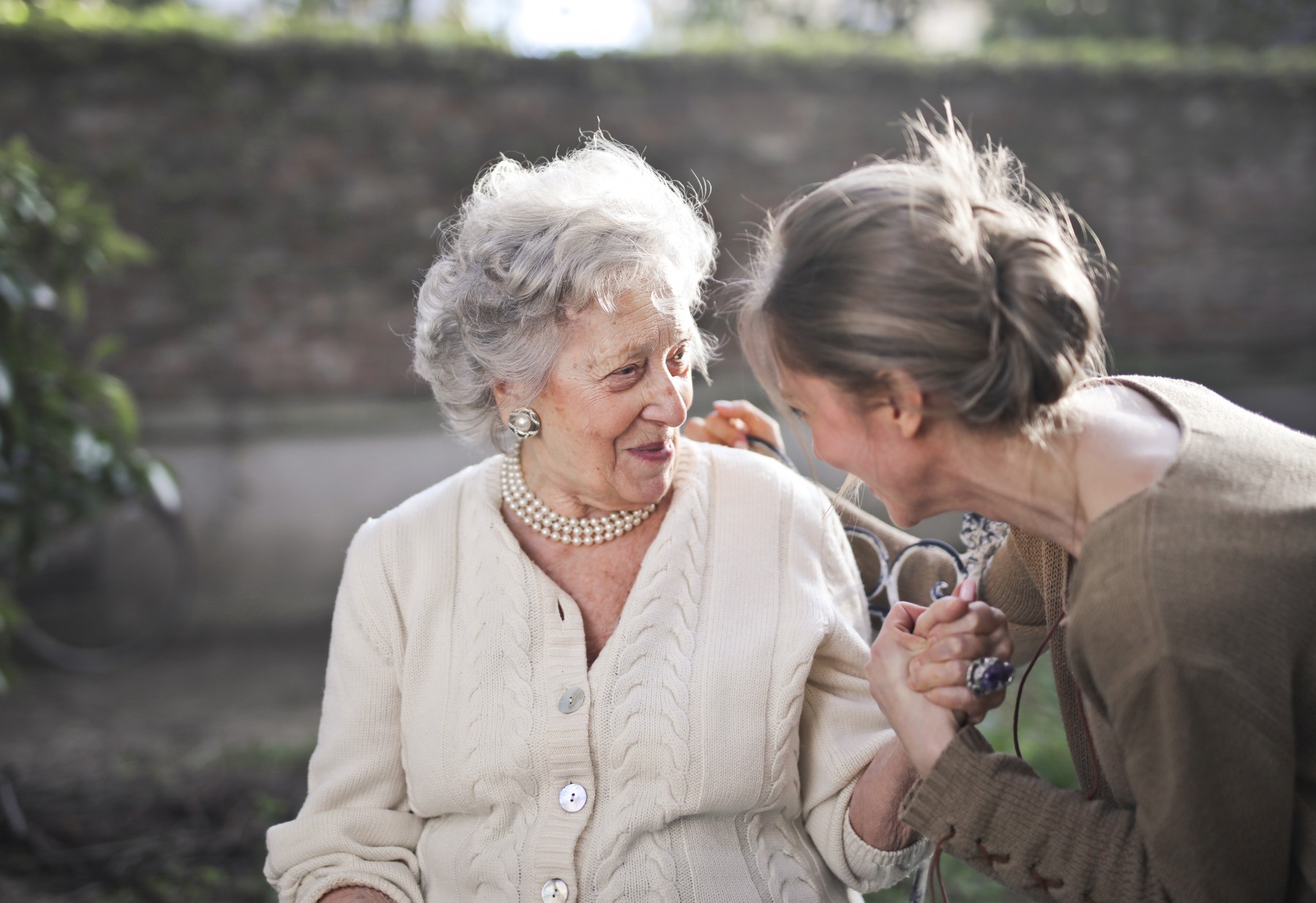 Loneliness is definitely something that many people experience in later life. Perhaps a partner has passed away and other family members live too far away to visit often. Reduced mobility can also make it harder to get out and meet people and socialise.
Loneliness is definitely something that many people experience in later life. Perhaps a partner has passed away and other family members live too far away to visit often. Reduced mobility can also make it harder to get out and meet people and socialise.
One of the hardest things about loneliness can be talking about it. Loneliness Awareness Week aims to change that. In 2023 the week will run between June 12-18 and is being organised by the wonderful Marmalade Trust.
What is Loneliness?
 The Marmalade Trust defines loneliness as a mismatch between the level of social contact we have and the level we’d like to have. There’s a strong personal element as some people need company more than others.
The Marmalade Trust defines loneliness as a mismatch between the level of social contact we have and the level we’d like to have. There’s a strong personal element as some people need company more than others.
Acknowledging that you feel lonely is the first step towards doing something about it. This is actually true for a whole range of care and support needs. Removing the stigma is essential if we want people to open up about their feelings. Being lonely is often down to circumstances – and circumstances can be changed.
Explore Your Options
Loneliness isn’t inevitable in later life.

There are many options that would allow you or someone you know to lead a more active social life.
When we talk about care needs it’s easy to assume that we mean someone who is struggling to look after themselves or has a medical condition. We define a care need as anything that stops you enjoying the most fulfilling life possible. Loneliness and lack of social contact definitely fall into this definition.
In the case of loneliness, a care at home service can offer daily conversation and companionship. Care at home can also help get you to social activities and identify groups you can join.
A simple conversation can lead to a big change and a more engaged life. Give Altogether Care a call on 01305 300 161, visit our website, or email contact@altogethercare.co.uk.




















